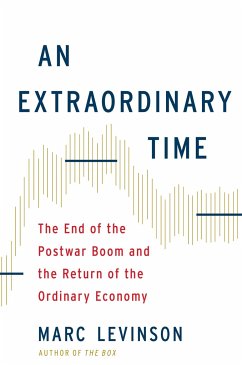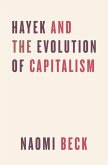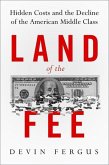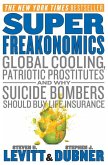The decades after World War II were a golden age across much of the world. It was a time of economic miracles, an era when steady jobs were easy to find and families could see their living standards improving year after year. And then, around 1973, the good times vanished. The world economy slumped badly, then settled into the slow, erratic growth that had been the norm before the war. The result was an era of anxiety, uncertainty, and political extremism that we are still grappling with today.In An Extraordinary Time , acclaimed economic historian Marc Levinson describes how the end of the postwar boom reverberated throughout the global economy, bringing energy shortages, financial crises, soaring unemployment, and a gnawing sense of insecurity. Politicians, suddenly unable to deliver the prosperity of years past, railed haplessly against currency speculators, oil sheikhs, and other forces they could not control. From Sweden to Southern California, citizens grew suspicious of their newly ineffective governments and rebelled against the high taxes needed to support social welfare programs enacted when coffers were flush.Almost everywhere, the pendulum swung to the right, bringing politicians like Margaret Thatcher and Ronald Reagan to power. But their promise that deregulation, privatization, lower tax rates, and smaller government would restore economic security and robust growth proved unfounded. Although the guiding hand of the state could no longer deliver the steady economic performance the public had come to expect, free-market policies were equally unable to do so. The golden age would not come back again.A sweeping reappraisal of the last sixty years of world history, An Extraordinary Time forces us to come to terms with how little control we actually have over the economy.
Bitte wählen Sie Ihr Anliegen aus.
Rechnungen
Retourenschein anfordern
Bestellstatus
Storno








